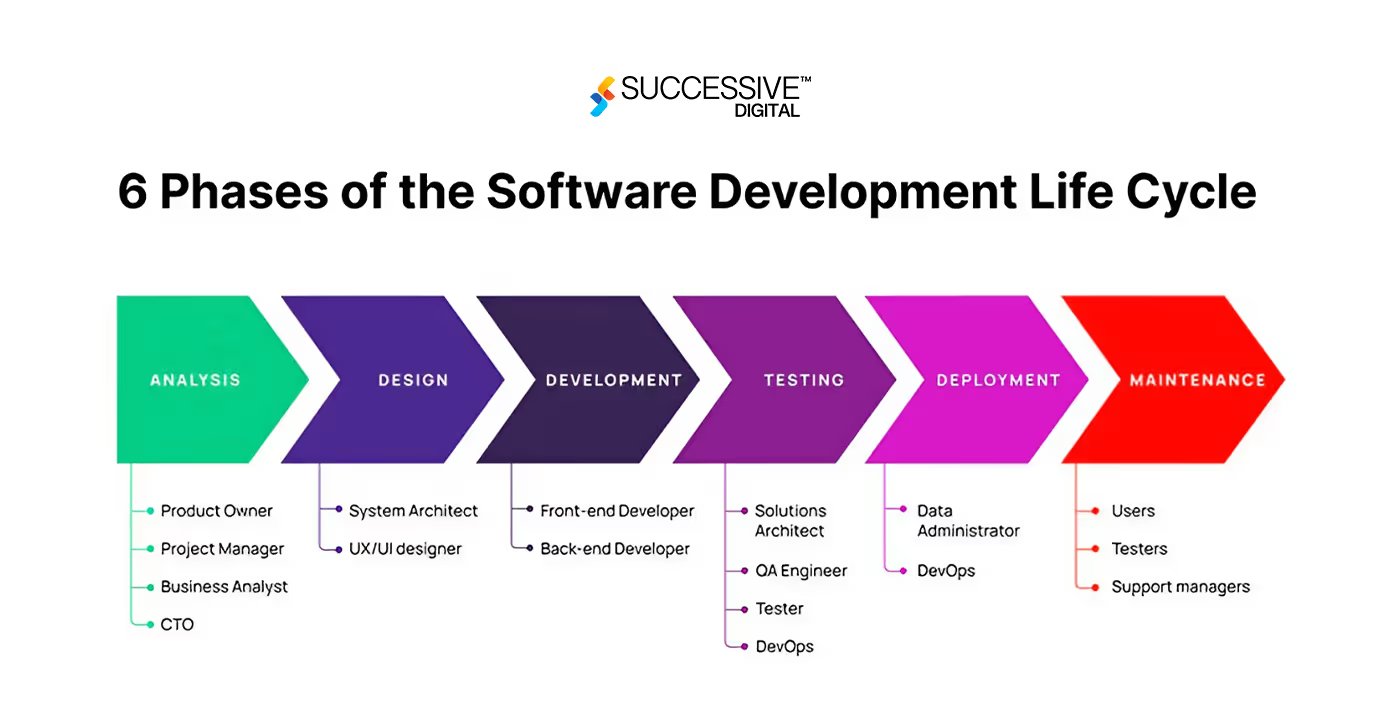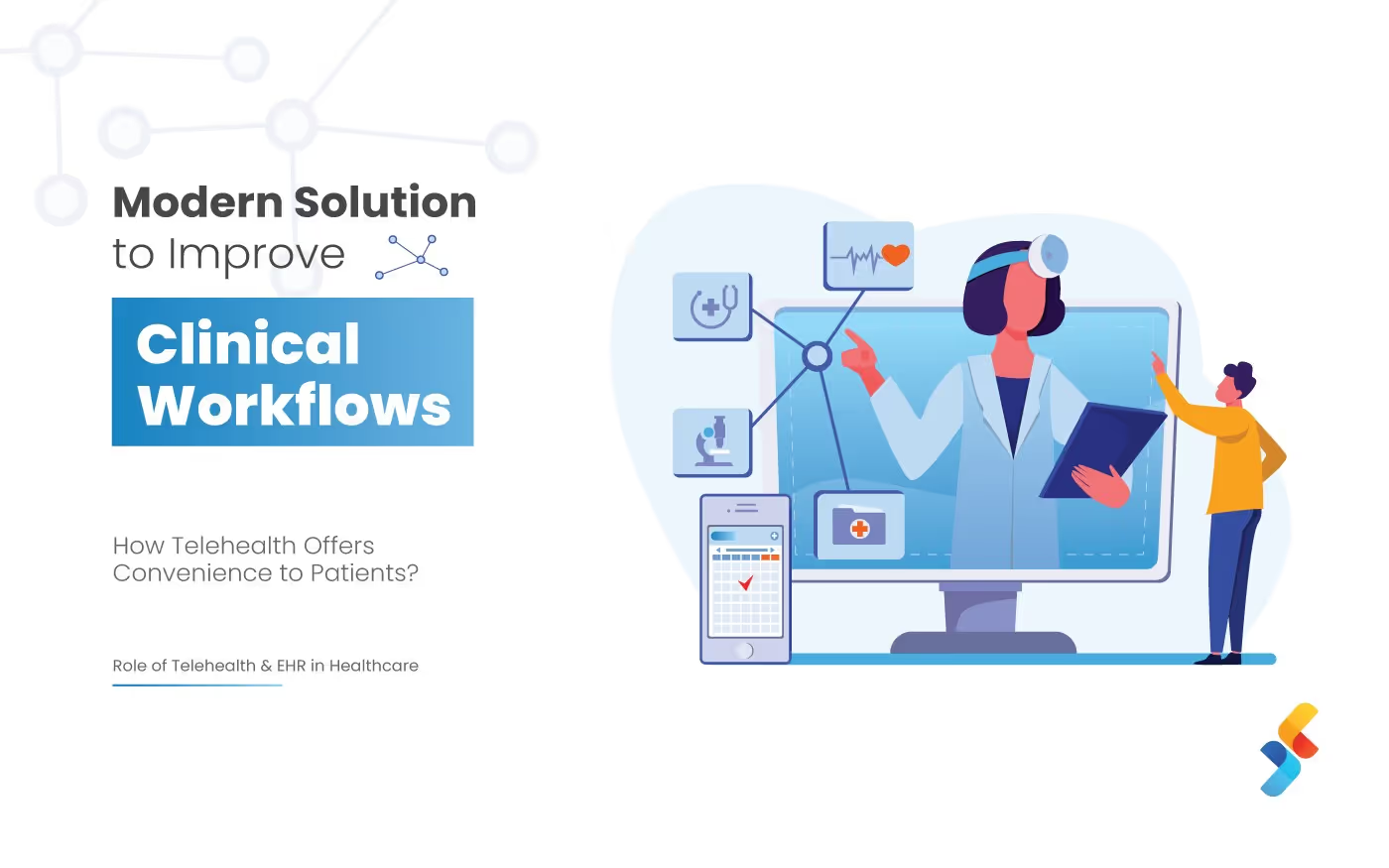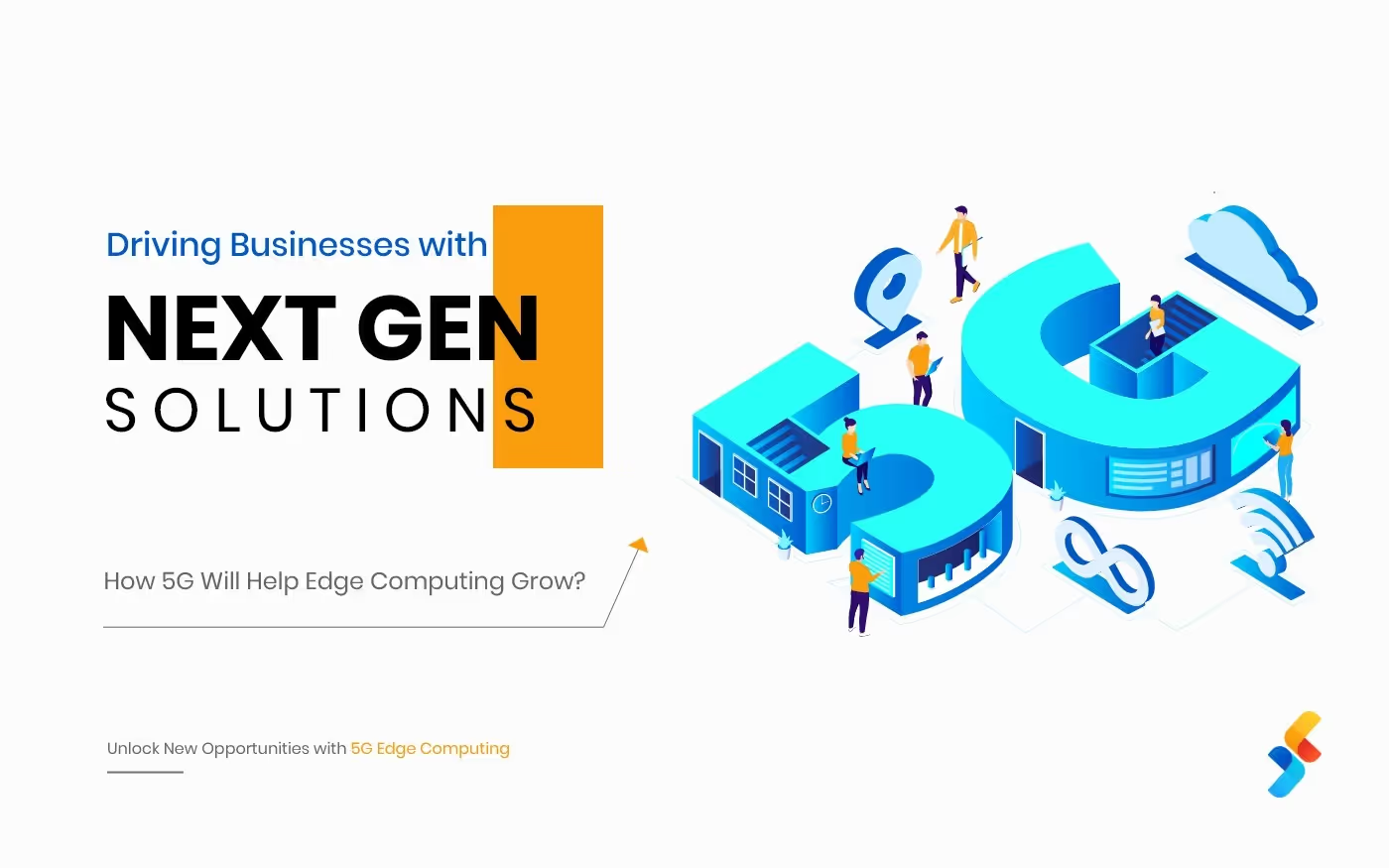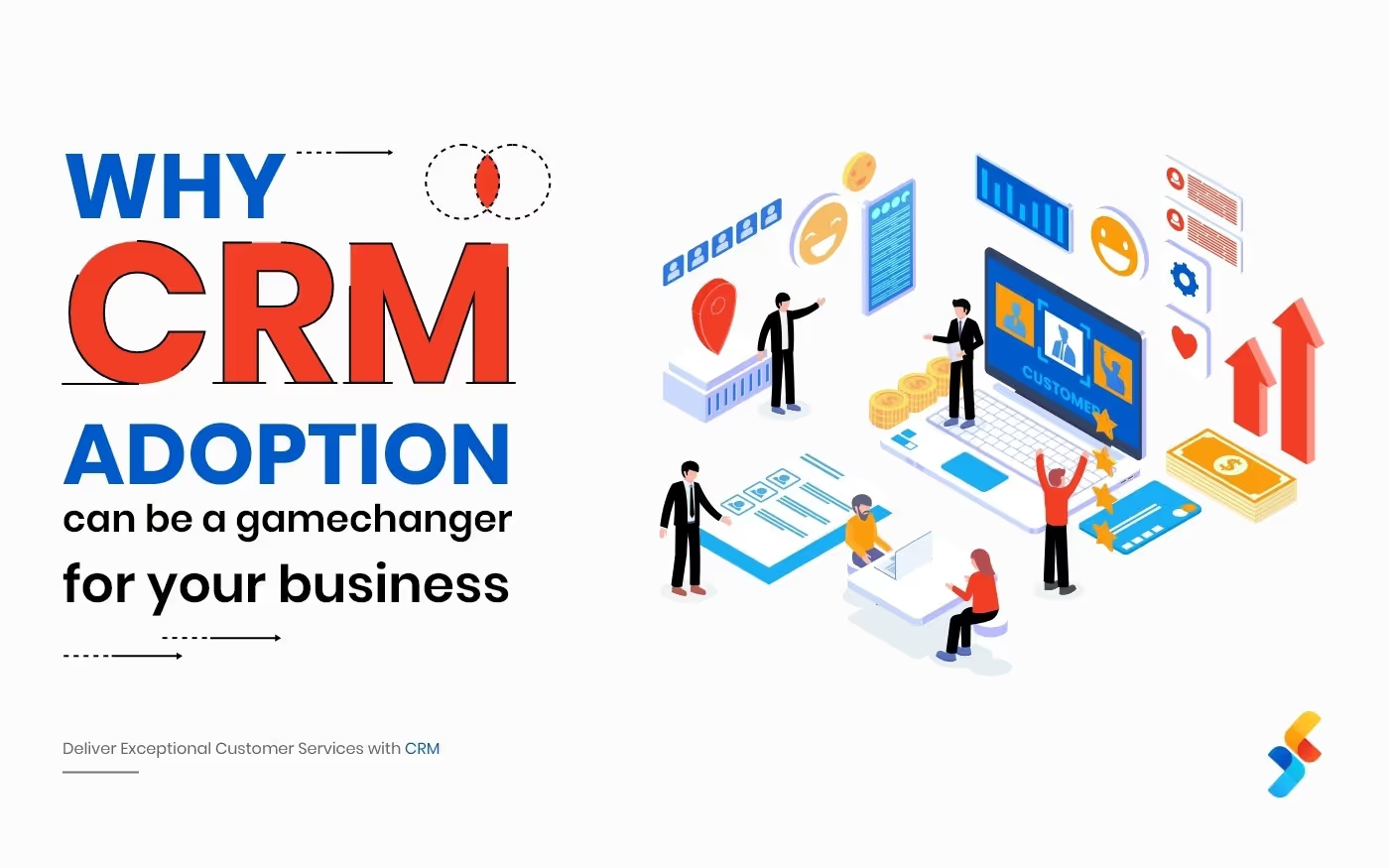The ability to translate progressive ideas into practical software programs is a decisive issue for success, particularly in today’s hyper-connected start-up ecosystem. Software development services for startups is not always only a technical endeavour but a strategic one—serving as the bridge between a conceptual, imaginative, and market-ready product. The challenge lies in navigating the complexities of the software development lifecycle (SDLC), making crucial decisions on technology stacks, and optimizing for scalability and user experience—all while operating under stringent budgets and aggressive timelines. A properly executed custom software development for startups can accelerate market entry, provide a competitive edge, and inspire future growth. Conversely, issues in development can result in delays, inflated costs, or even project failure. Therefore, a deep understanding of the technical know-how, blended with strategic plans, is crucial for startups aiming to convert their ideas into working, successful software products.
Understanding the Software Development Lifecycle (SDLC)

Requirement Gathering and Analysis
- Defining the Problem: Software development for startups commonly begin with a unique problem they intend to clear up by describing it in technical terms, identifying the target audience, and determining the critical functions, which are essential preliminary steps.
- Feasibility Evaluation: A comprehensive evaluation of custom software development for startups is crucial to determine the project's technical feasibility. This includes a thorough assessment of the available technology stack, careful selection of suitable development frameworks, and anticipation of potential technical challenges.
- Documenting Necessities:Once the problem is clearly defined, detailed documentation of the requirements follows. This consists of both functional requirements, which describe what the software must accomplish, and non-purposeful necessities, which cover elements such as overall performance, security, and scalability.
- System Design
- Architectural Planning: The system's structure serves as the foundation for the software development services for startups. Choosing between unique architectural patterns—which include monolithic, microservices, or serverless—depends on factors like scalability requirements, task complexity, and predicted growth.
- Database Structuring: The database layout is essential, starting with selecting SQL and NoSQL databases. Concerns include record consistency, managing transactions, and the system's capacity to scale as it grows.
- User Interface (UI) Layout: UI layout involves creating visual layouts and prototypes that represent the user experience. Tools like Figma or caricature is frequently applied to craft interfaces that might be both intuitive and user-friendly, ensuring that the software program meets the needs of its users while aligning with the overall design approach. Outsourcing software development for startups is an ideal choice for startups to speed up the prototyping process.
- Development
- Choosing the Tech Stack: The choice of programming languages, frameworks, and libraries is pivotal to the software development for startups. Small enterprises commonly choose technology like React.js, Angular, or Vue.js for frontend development, at the same time Node.js, Django, or Ruby on Rails are famous for backend tasks. Databases with PostgreSQL, MongoDB, or Firebase are frequently used for data management.
- Embracing Agile technique: Agile development, with its consciousness of iterative progress and non-stop feedback, is perfect for custom software development for startups. Practices like sprints, day-by-day stand-ups, and retrospectives help business stay aligned and adapt quickly to adjustments.
- Implementing Version Control: Using version control systems like Git is critical for handling code modifications, extending collaboration among team members, and maintaining records of code changes that may be referenced or reverted as needed.
- Testing
- Automated Testing: Implementing automated testing is critical for keeping code satisfactory in software development services for startups. Tools like Selenium or Cypress allows developers to run assessments successfully, ensuring the software behaves as predicted. Integrating these into continuous integration/continuous deployment (CI/CD) pipelines streamlines the testing and deployment approach.
- Unit and Integration Testing: Unit testing affirm that components or capabilities work effectively, whilst integration testing ensure that the application's distinctive components engage seamlessly. Both types of testing are critical to trap problems early and save them from escalating into bigger problems.
- User Acceptance Testing (UAT): Before the release, consumer user acceptance testing is crucial for custom software development for startups to verify that it meets the enterprise requirements and plays well in real-world scenario. UAT is the last step to ensure the product is ready for deployment.
- Deployment
- Selecting a Deployment Platform: Startups development for startups have numerous alternatives for deploying their project, including AWS, Google Cloud, or Azure. Many select to use containerization equipment like Docker and orchestration systems like Kubernetes to make sure that their deployments are scalable and efficient.
- Automating the Deployment Method: Enforcing continuous deployment practices allows seamless rollout of updates and new capabilities without disrupting the user experience. Automation reduces the hazard of human blunders and speeds up the release cycle. Outsourcing software development for startups helps small businesses adopt a worry-free deployment approach while focusing on other important tasks.
- Monitoring and Logging: After deployment, it is critical to monitor the application’s performance using monitoring equipment like Prometheus, Grafana, or the ELK Stack. Effective logging is essential for diagnosing troubles and gaining insights into consumer interactions, enabling brief responses to any problems that arise.
- Maintenance and Scaling
- Ongoing Bug Fixes and Updates: Maintenance in custom software development for startups is not just about fixing bugs but also about enhancing overall performance and introducing new features based on user feedback. Regular updates are not just necessary; they are crucial to keeping the software competitive and valuable, ensuring that it meets the evolving needs of the users and stays competitive in the market.
- Scalability Planning: As the user base expands, the software development services for startups ought to scale accordingly. Businesses must plan for horizontal or vertical scaling to handle increased load, optimize database performance, and ensure that servers can manage traffic stages successfully. Scalability strategies should be built into the development system to help increase without compromising overall performance.
Key Considerations for Startups in Software Development
Minimum Viable Product (MVP):
Software development for startups prioritize on developing a minimal viable product that focuses on solving the core problem with essential capabilities. This technique not only facilitates lowering the time to market but also opens the door to faster user feedbacks, which can guide further improvement and improve the startup's potential for success.
Handling Cost Efficiently:
Efficient resource allocation is crucial, given the frequently restrained budgets startups face. By outsourcing software development for startups, leveraging open-source tolls, or adopting cloud services with flexible pay-as-you-go models, small businesses can take control of their infrastructure costs and empower themselves to manage their finances effectively.
Prioritizing Security:
Implementing robust safety protocols to shield consumer information is vital. Startups must comply with relevant guidelines, including GDPR or HIPAA, rely on their industry, and adopt comfortable coding practices to prevent vulnerabilities.
Facilitating Team Collaboration:
Effective communication in business is crucial for synchronizing efforts. Using task management and conversation tools like Slack, Jira, or Trello can assist in keeping everyone aligned and streamlining the improvement system, mainly in remote work environments.
Managing Intellectual Property (IP):
Clear definitions around code possession and licensing are vital, specifically whilst working with external members or the usage of open-source additives. If the software program solution is innovative, securing patents may be a strategic circulate to shield the startup's intellectual belongings. Many modern software development services for startups now come with special packages to cater IP management as well.ConclusionSoftware development for startups is a complicated, multifaceted process that requires careful planning, technical knowledge, and a deep understanding of market needs. By following a structured technique, leveraging the right technology, and addressing common challenges, startups can turn their revolutionary ideas into reality. The journey from idea to totally useful software program product is packed with possibilities to analyze, adapt, and develop, ultimately leading to a successful market entry and enterprise growth.
.avif)



.avif)






.jpg)









